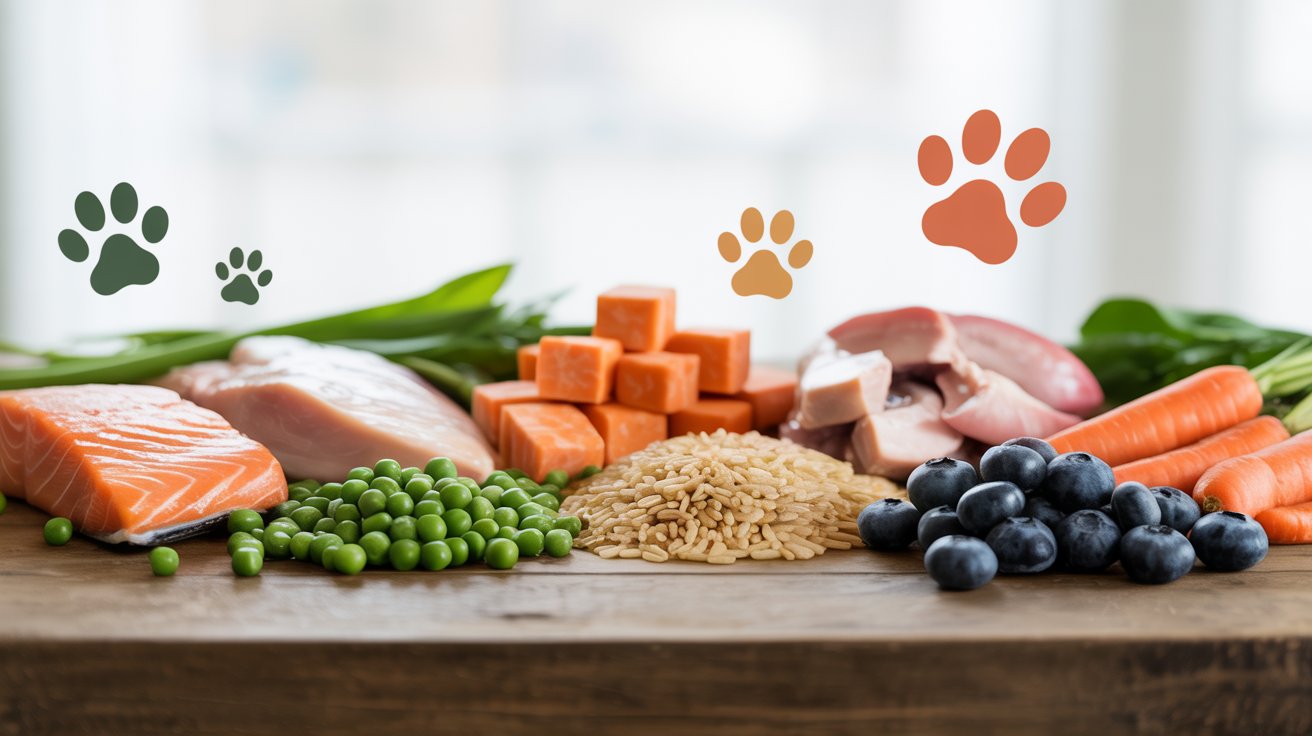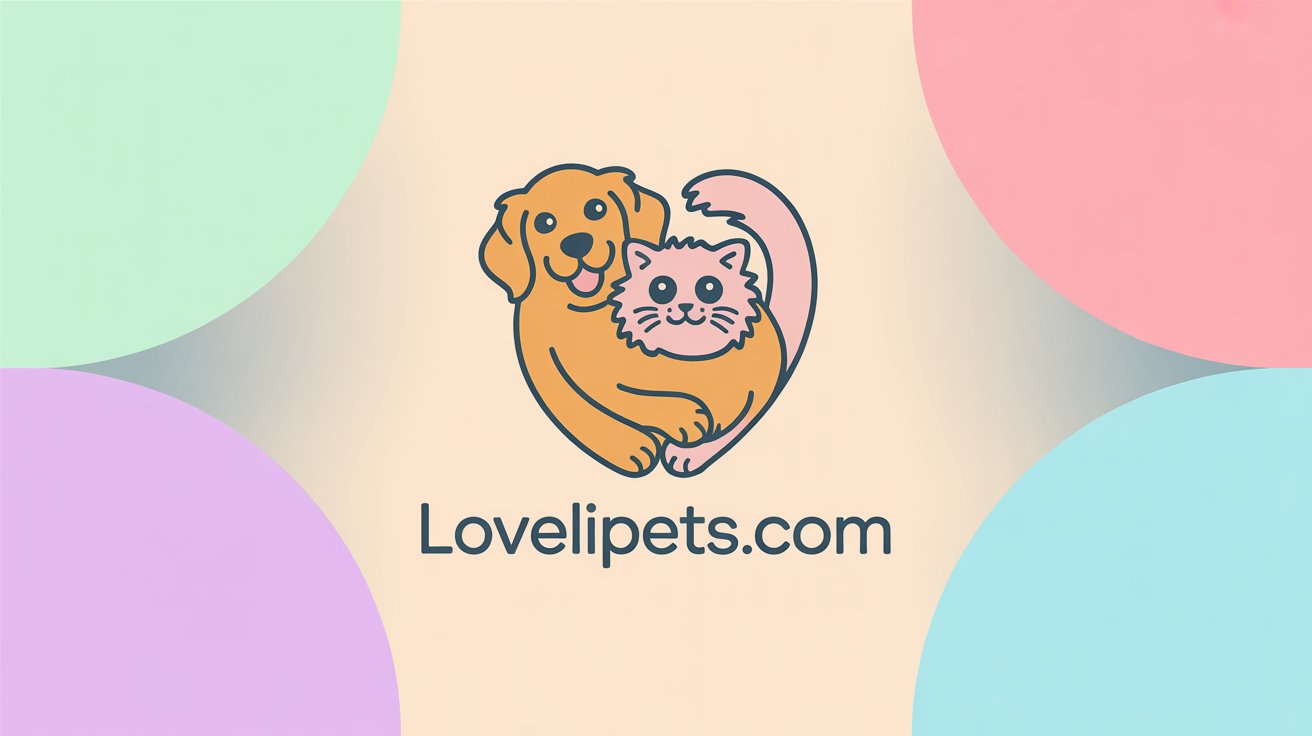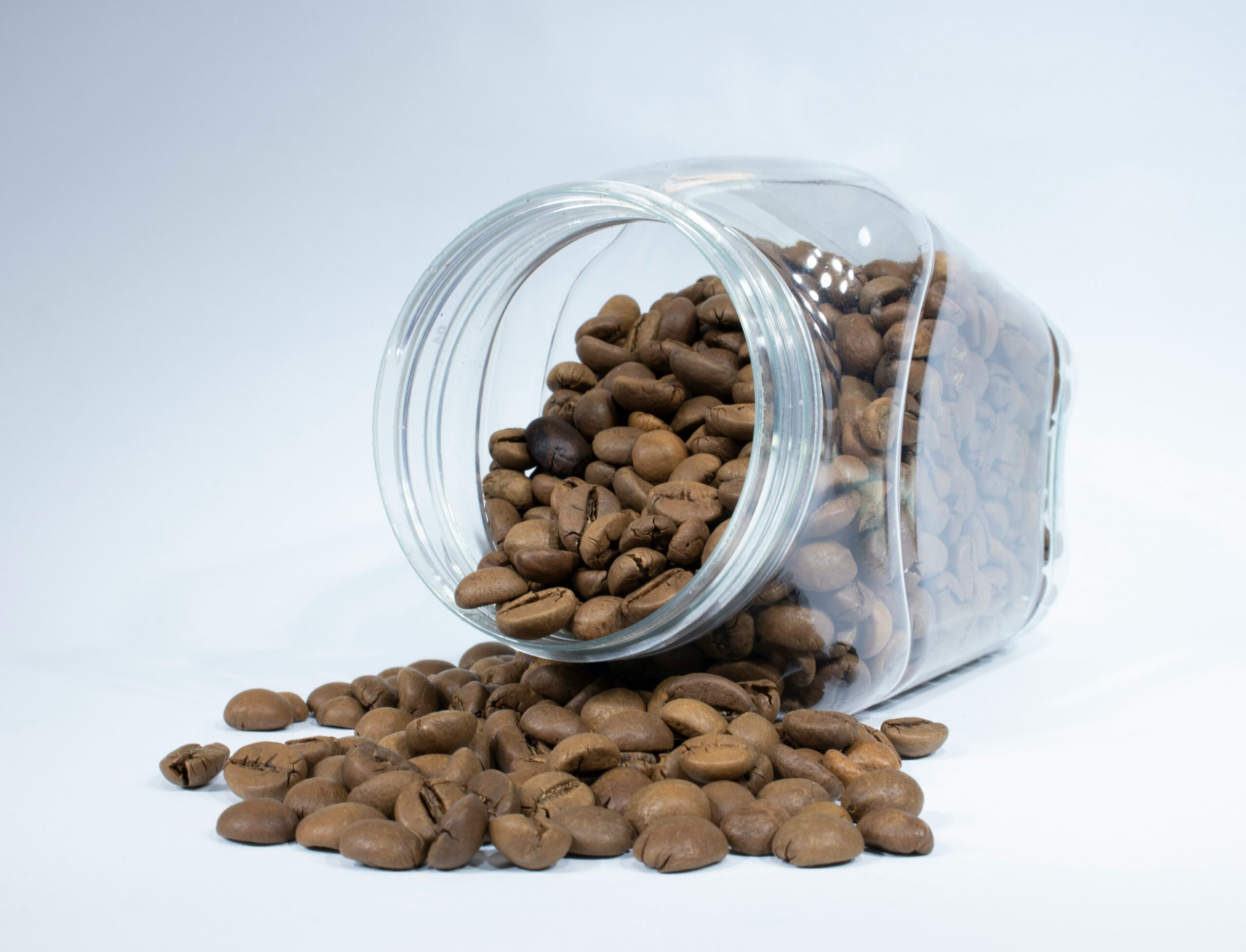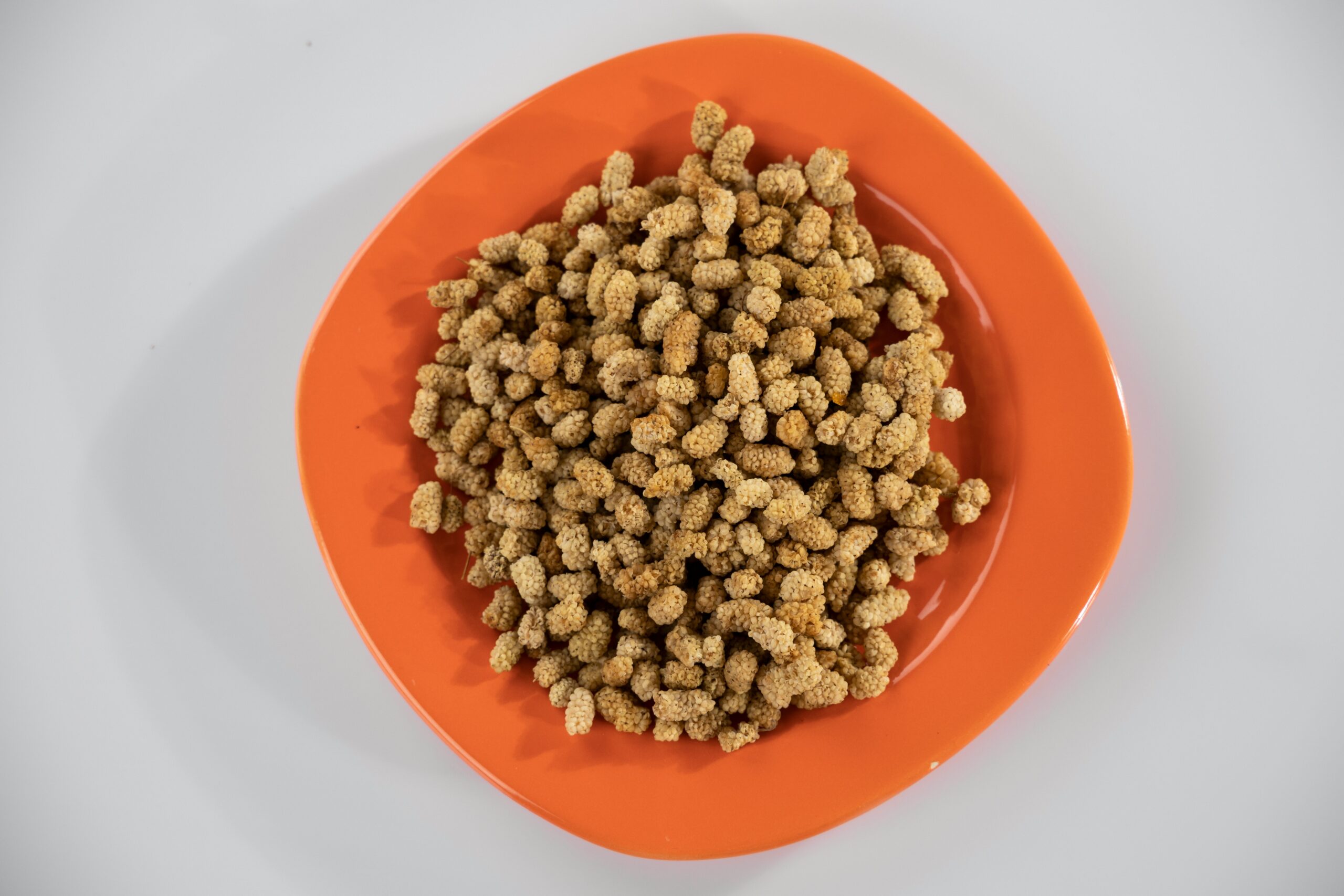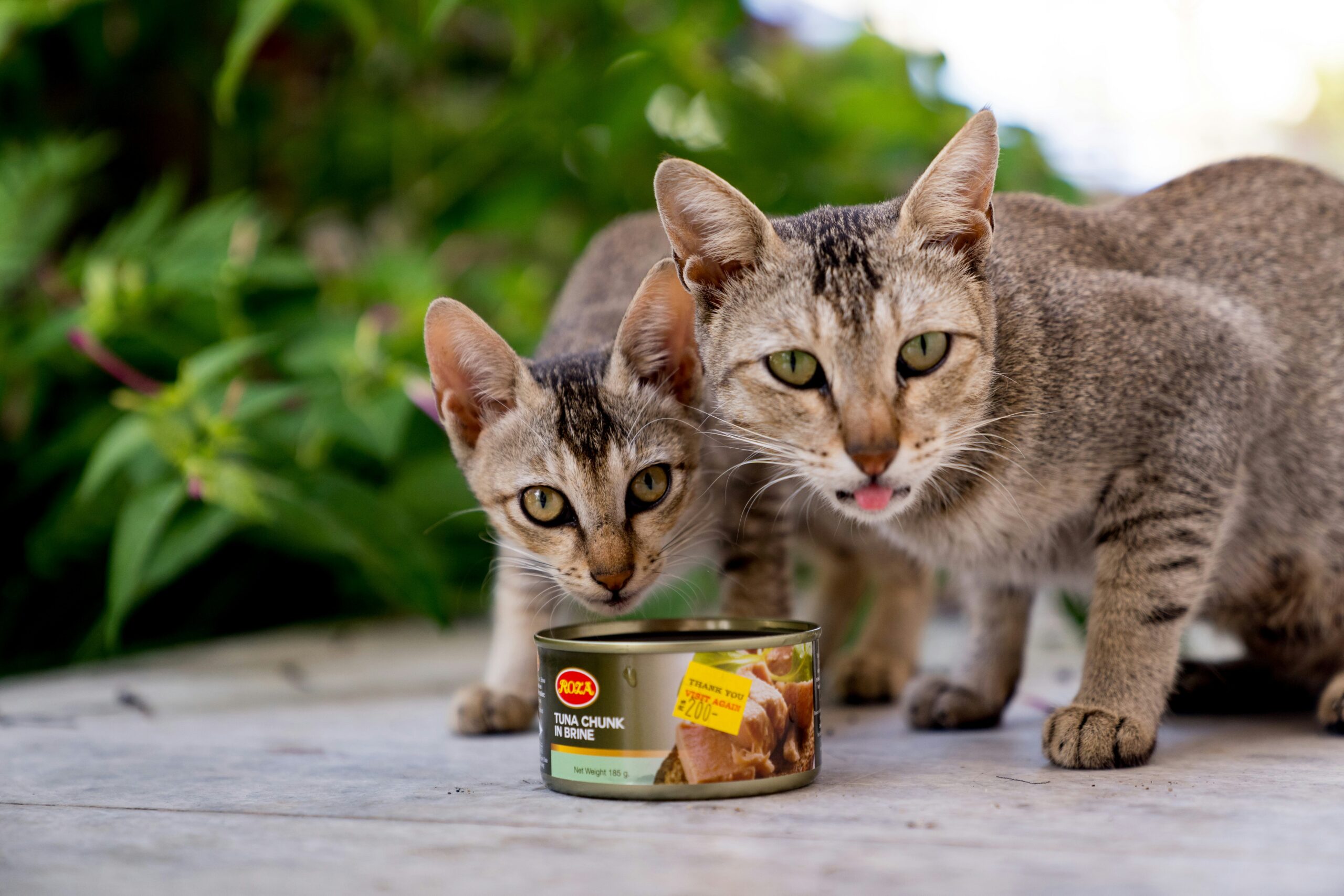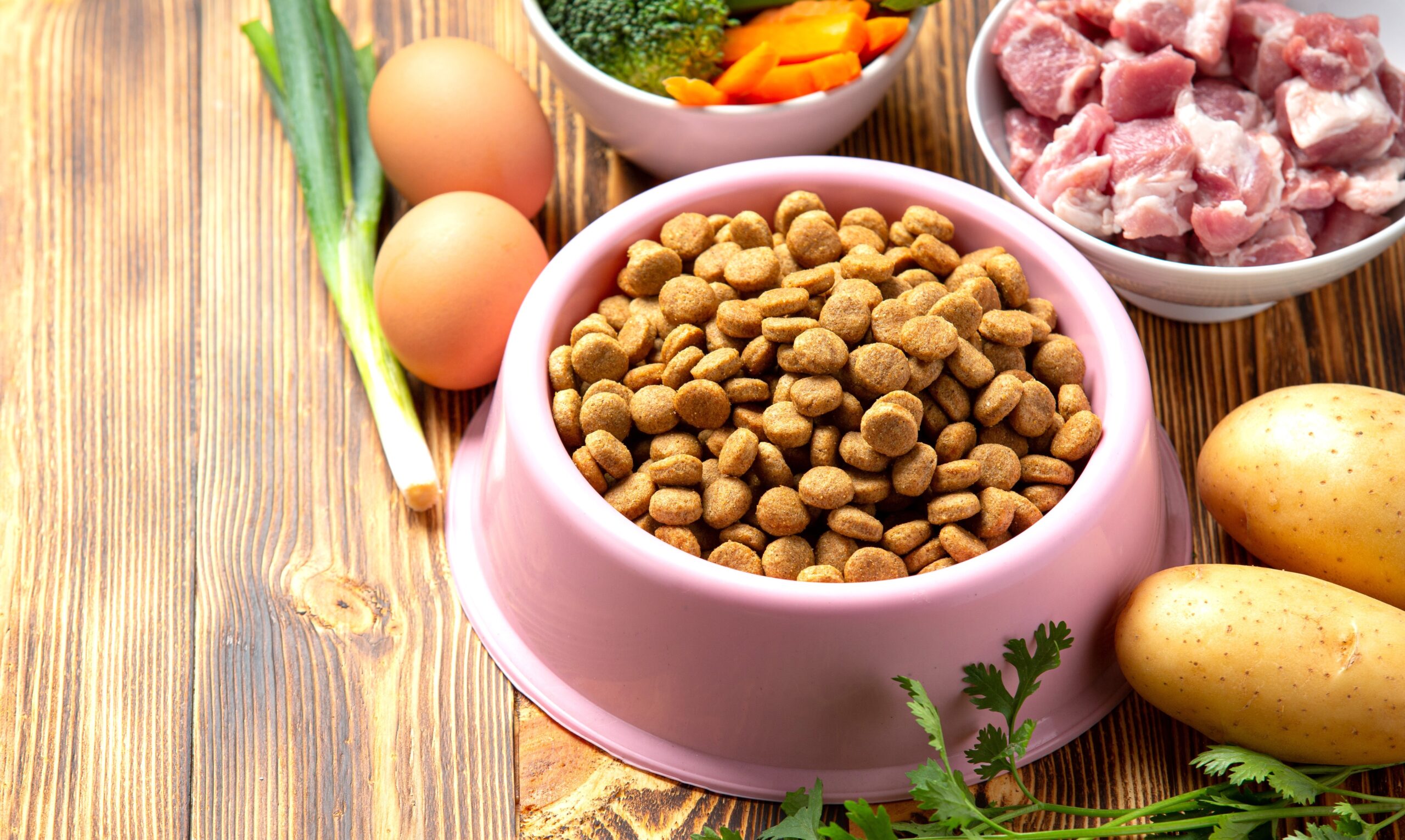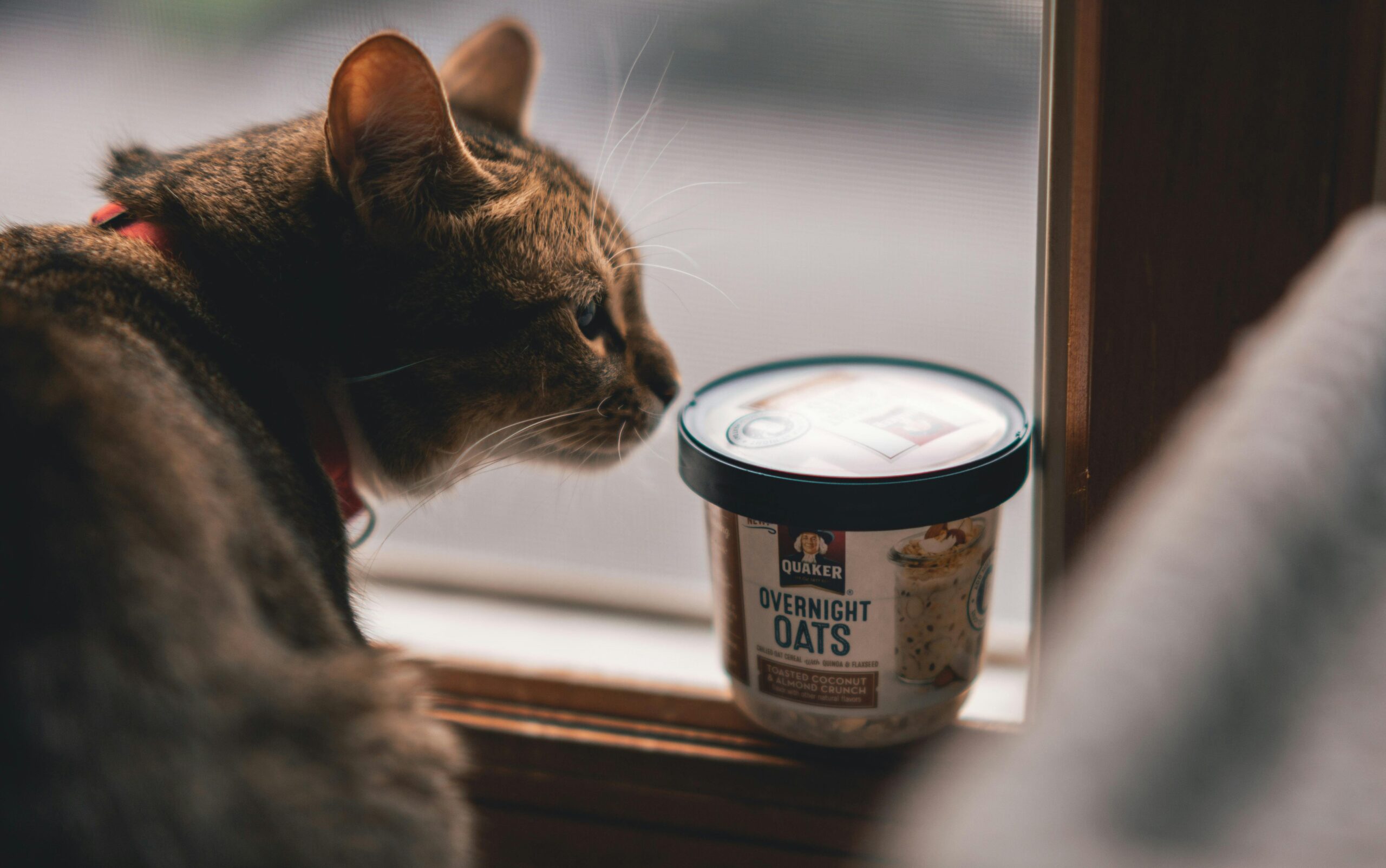What is the Best Cat Food for Gastrointestinal Problems? Gastrointestinal (GI) problems in cats are a common problem that can affect their quality of life. Symptoms such as vomiting, diarrhea, and malaise often occur. Finding the best cat food for gastrointestinal issues can make a difference. It helps soothe your cat’s stomach and improve digestion. This guide provides an in-depth look at the top food options for cats with digestive issues. Explain which ingredients are beneficial and why they are important to cat he
Beef Jerky 25g Chicken Jerky 500g Cat Snacks Pure Beef Jerky Nutritious Delicious Preservative Free Beef Strips Dog Snacks Food
$7.00
$41.5283% off
By On AliExpress
Product Description
[Product Name] A Piece Of Beef
[Net Weight] 25g
[Ingredients]Beef
Per 100g:
Protein:40%
Fat:2%
Fiber: 6%
Moisture: 60%
ash:6%
[Suitable for animal species] Cats and Dogs
[Feeding instructions] After opening, feed the treat directly to your cat. Feed 1-2 sticks per day, adjusting the amount according to the size and appetite of your cat.
[Manufacturing date and shelf life] Manufacturing date: See packaging spray code,
Shelf life: 18 months
[Attention] This product is a pet snack, this product must not be fed to ruminants; Please eat even after opening, please put it in a cool and dry place, clean storage, avoid direct sunlight.
[Product Name] Pet SnackS baked Chicken Jerky
[Net Weight]500g
[Ingredients]Chicken, Peanut Protein Powder
[Nutrition Information]D-Sorbitol, Antioxidants
Per 100g:
Protein:20%
Fiber:6%
Fat: 2%
Moisture:25%
Ash:6%
[Suitable for animal species] Dogs
[Feeding instructions] After opening, feed the treat directly to your dog. Feed 1-2 sticks per day, adjusting the amount according to the size and appetite of your dog.
[Manufacturing date and shelf life] Manufacturing date: See packaging spray code, Shelf life: 18 months
[Attention] This product is a pet snack, this product must not be fed to ruminants; Please eat even after opening, please put it in a cool and dry place, clean storage, avoid direct sunlight.
Product Features:
Clean ingredient list, only beef, 0 additives, 0 appetizers, 0 preservatives
Strictly selected from Inner Mongolia, high-quality fresh beef, 121 ℃ high temperature steaming, to retain the original flavor of meat
Individually packaged, one per bag, 25G per bag, a meal on the finish, eat with the demolition, do not have to worry about put a long time to spoil!
Selected chicken breast sliced and dried, fresh aroma, thin and crispy, super dry and bite-resistant, each piece of chicken meat after 13 hours of drying and maturation
Understanding Gastrointestinal Problems in Cats
What is the Best Cat Food for Gastrointestinal Problems? Gastrointestinal problems in cats encompass a variety of symptoms and underlying conditions including vomiting, diarrhea, constipation, and poor nutrient absorption.GI problems can stem from food allergies, intolerances, infections, or more chronic conditions such as inflammatory bowel disease.
Common Symptoms of GI Problems in Cats
- Diarrhea: Persistent diarrhea can include a food allergy or GI infection.
- Weight loss: Cats with malabsorption problems often lose weight due to inadequate nutritional intake.
- Loss of appetite: Cats may eat less due to GI discomfort, worsening their health.
- Lethargy: Digestive discomfort can make cats less energetic.
- Vomiting: Frequent vomiting may indicate an intolerance or an underlying digestive problem.
Understanding these symptoms can help cat owners find the right diet and treatment to ease their pet’s discomfort.
Key Considerations When Choosing Cat Food for Gastrointestinal Issues
Steamed Chicken Breast Strips, Moisturize, Pet Wet Food, Nutrition and HydrationtionDog Cat Snacks, Pet Supllies Pet Accessories
$20.95
$83.8275% off
By On AliExpress
Product Description
- Cat Food In Plastic Container|Fresh Ingredients:Crafted with premium chicken breast and water, this cat food ensures freshness and quality.
- Nutritional Value:Enriched with Taurine and Vitamin A, it provides essential nutrients for your pet’s health.
- Moisture Retention:Steamed to perfection, the chicken breast strips maintain moisture for optimal hydration.
- Convenient Packaging:Comes in a 40g±5g plastic container, making it easy to store and serve as a snack or meal.
- Long Shelf Life:With a 12-month shelf life, these cat snacks are a reliable choice for pet owners.
High Digestibility
High-digestibility formulas reduce the strain on the GI system and help cats absorb nutrients more effectively. Look for foods marked as “easily digestible” or labeled for sensitive stomachs.
Low-Fat Content
Too much fat can exacerbate GI problems in cats, especially those with pancreatitis. Low-fat foods are often recommended to prevent further irritation and support digestive health.
Limited Ingredient Diet (LID)
What is the Best Cat Food for Gastrointestinal Problems? Limited ingredient diets, or LID cat foods, contain diet may be beneficial if your cat suffers from GI problems due to certain food sensitivities.
Fiber Content
Fiber plays a crucial role in cat digestion. Soluble fiber can help improve stool consistency, while insoluble fiber aids in moving waste through the digestive tract. Some foods contain a balanced fiber mix to support overall gut health.
Top Cat Foods for Gastrointestinal Problems
1. Hill’s Prescription Diet i/d Digestive Care Cat Food
Overview: Hill’s Prescription Diet i/d Digestive Care is a well-known choice for cats with GI issues. which is formulated to promote digestion and improve nutrient absorption.
Key Features:
- Contains prebiotics to support healthy gut bacteria
- Low in fat to prevent GI irritation
- Enriched with antioxidants for immune health
- High-quality protein source for muscle maintenance
Why It’s Effective:
This diet is specifically crafted for cats with digestive issues, using easily digestible ingredients and prebiotic fibers that enhance digestive health.
- Pros: Easily digestible, contains electrolytes for hydration, supports healthy stool quality.
- Cons: Requires a prescription and is pricier than over-the-counter options.
2. Royal Canin Gastrointestinal Moderate Calorie Cat Food
Overview: This diet from Royal Canin is ideal for cats needing moderately low-calorie food with balanced digestive support.
Key Features:
- Moderate calorie content for weight control
- Prebiotics and highly digestible proteins
- Specific fiber blend to promote optimal stool quality
- Essential nutrients for immune health
Why It’s Effective:
This formula’s balanced approach makes it ideal for cats prone to digestive issues without needing a restrictive low-calorie diet.
- Pros: Highly digestible, includes essential prebiotics and fibers, available in both wet and dry options.
- Cons: Only available by prescription; relatively expensive.
3. Purina Pro Plan Veterinary Diets EN Gastroenteric Formula
Overview: Purina’s Pro Plan EN formula is designed for sensitive stomachs and supports the digestive system’s natural balance.
Key Features:
- Moderate protein and fat levels for easy digestion
- Highly digestible formula with prebiotic fibers
- Supports both adult and senior cats with GI issues
- Free from artificial preservatives
Why It’s Effective:
his diet contains ingredients carefully selected for their digestibility and lack of common irritants, making it suitable for cats with chronic GI problems.
- Pros: Balanced digestible nutrients, available in various forms, includes prebiotics.
- Cons: Prescription required; may be more expensive than regular cat foods.
4. Blue Buffalo Sensitive Stomach Chicken Recipe
Overview: Blue Buffalo’s Sensitive Stomach formula uses natural ingredients without artificial fillers, making it suitable for cats with sensitive stomachs.
Key Features:
- Real chicken as the first ingredient
- Free from corn, wheat, soy, and artificial additives
- Contains natural prebiotics for gut health
- Includes LifeSource Bits for balanced antioxidants and vitamins
Why It’s Effective:
As a natural food option, this formula avoids potential allergens and supports digestion with wholesome ingredients and added prebiotics.
5. Wellness CORE Digestive Health Cat Food
Overview: This grain-free option is tailored for cats with digestive sensitivities and includes high-quality proteins and natural probiotics.
Key Features:
- Grain-free, with high protein content
- Includes probiotics and digestive enzymes
- Omega fatty acids for skin and coat health
- High fiber content for improved digestion
Why It’s Effective:
Wellness CORE’s formula is designed to address both dietary sensitivities and digestive health, using high-protein and probiotic ingredients.
Ingredients to Look for in Cat Food for Gastrointestinal Problems
1. Probiotics
Probiotics aid in restoring healthy gut bacteria, supporting digestion, and boosting immunity. Foods with added probiotics are especially beneficial for cats prone to digestive imbalances.
2. High-Quality Animal Protein
Animal proteins, such as chicken, turkey, or fish, are more digestible for cats compared to plant proteins. High-quality protein sources provide essential amino acids for muscle maintenance and overall health.
3. Omega-3 Fatty Acids
Omega-3 fatty acids, often found in fish oil, have anti-inflammatory properties that can alleviate GI discomfort, especially in cats with inflammatory bowel issues.
4. Prebiotic Fibers
Prebiotics feed the good bacteria in the gut, promoting a balanced gut flora. Common prebiotic sources in cat food include chicory root and beet pulp.
5. Low-Fat Formulas
Low-fat formulas are particularly important for cats with pancreatitis or other fat-sensitive digestive issues. Reducing fat can minimize GI distress and aid in smoother digestion.
Transitioning to a New Cat Food for Gastrointestinal Issues
When switching to a new food, it’s important to do so gradually to avoid exacerbating GI problems. Follow these steps:
- Start Slow: Begin by mixing a small amount of the new food with the current diet.
- Increase Gradually: Over 7-10 days, gradually increase the proportion of new food.
- Monitor Symptoms: Watch for any signs of digestive upset, such as vomiting or diarrhea.
- Adjust as Needed: If symptoms worsen, consult a veterinarian and consider an alternative food option.
Wet Food vs. Dry Food for Cats with GI Issues
Selecting between wet and dry food is a critical decision when your cat has digestive issues. Both types have their advantages, depending on your cat’s specific needs.
Wet Food: Pros and Cons
- Pros: Higher moisture content which supports hydration and kidney health; generally easier to digest.
- Cons: Often more expensive and has a shorter shelf life once opened.
Dry Food: Pros and Cons
- Pros: Convenient for feeding and storing; less expensive in the long term.
- Cons: Lower moisture content, which may be unsuitable for some cats with GI issues.
When to Consult a Veterinarian
If your cat’s GI symptoms persist despite a diet change or if they worsen, consult a veterinarian promptly. Chronic GI issues may require specialized medical treatment, diagnostic testing, or prescription diets beyond what standard commercial foods can provide.
Conclusion:
What is the Best Cat Food for Gastrointestinal Problems? Choosing the right cat food for gastrointestinal issues can be a transformative step in improving your cat’s quality of life. A diet tailored to their needs with gradual adjustments can reduce symptoms, support overall health, and bring ease into their daily lives.
FAQs
1. What ingredients should I avoid if my cat has GI issues?
- Avoid fillers like corn, soy, and wheat, as well as artificial additives and preservatives. Additionally, avoid common allergens like dairy and specific proteins if your cat has known sensitivities.
2. How long does it take to see improvement after switching my cat’s food?
- It can take up to a few weeks to see noticeable improvement, though some cats show changes within a few days. Be patient, and ensure you transition gradually to avoid further GI upset.
3. Is wet food or dry food better for cats with GI problems?
- Wet food is often better for cats with GI issues as it contains more moisture and is easier to digest. However, some dry foods specifically formulated for GI health can also be effective.
4. Can I give my cat human foods for GI issues, like pumpkin?
- Yes, small amounts of pure canned pumpkin can help with digestion due to its fiber content. Avoid spiced or flavored pumpkin and only give it in moderation.
5. When should I see a vet about my cat’s GI issues?
- If symptoms persist for more than a few days, or if your cat shows signs of severe discomfort, weight loss, or dehydration, consult a vet for guidance on treatment options. What is the Best Cat Food for Gastrointestinal Problems? It Is solved.
